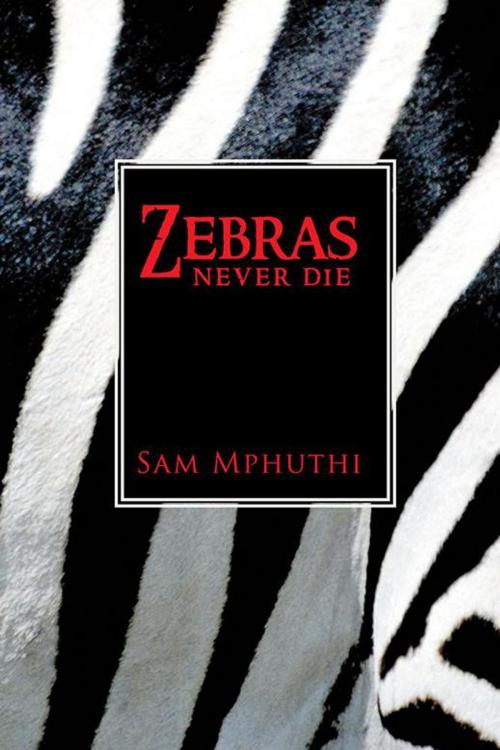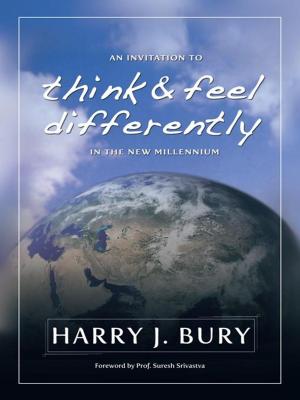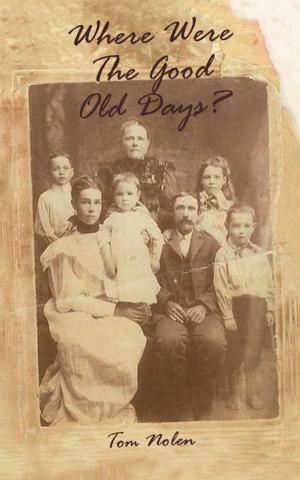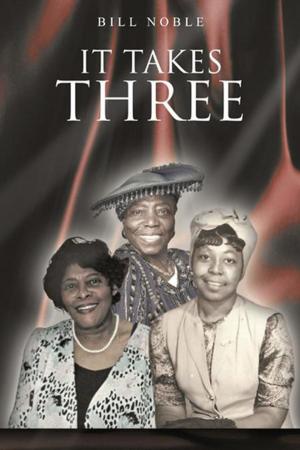| Author: | Sam Mphuthi | ISBN: | 9781490712987 |
| Publisher: | Trafford Publishing | Publication: | August 27, 2013 |
| Imprint: | Trafford Publishing | Language: | English |
| Author: | Sam Mphuthi |
| ISBN: | 9781490712987 |
| Publisher: | Trafford Publishing |
| Publication: | August 27, 2013 |
| Imprint: | Trafford Publishing |
| Language: | English |
Zebras Never Die is a fictional narrative drawing parallels between developments in the state of Zimbabwe and the history and experiences of an ordinary national, Gura Masango. The main theme of the book is the resilience and humanity of the Bajwe people, the natives of Zimbabwe, as characterised by Gura and his ancestry, under both colonial and postcolonial oppression. The cultural values evident in the work ethic and generosity of Gura and his kinsmen prove to be the ultimate basis for the survival and future prospects of the nation, as opposed to the war of liberationwhich, indeed, achieved political freedom and initially seemed to have delivered the promise of everlasting prosperity but was hijacked, through contrived institutional arrangements, by Batho (father of the people) Mokaba and his cohort, who, for three decades, looted the wealth of the nation and felt unaccountable for the free fall of the economy.
Zebras Never Die is a fictional narrative drawing parallels between developments in the state of Zimbabwe and the history and experiences of an ordinary national, Gura Masango. The main theme of the book is the resilience and humanity of the Bajwe people, the natives of Zimbabwe, as characterised by Gura and his ancestry, under both colonial and postcolonial oppression. The cultural values evident in the work ethic and generosity of Gura and his kinsmen prove to be the ultimate basis for the survival and future prospects of the nation, as opposed to the war of liberationwhich, indeed, achieved political freedom and initially seemed to have delivered the promise of everlasting prosperity but was hijacked, through contrived institutional arrangements, by Batho (father of the people) Mokaba and his cohort, who, for three decades, looted the wealth of the nation and felt unaccountable for the free fall of the economy.















